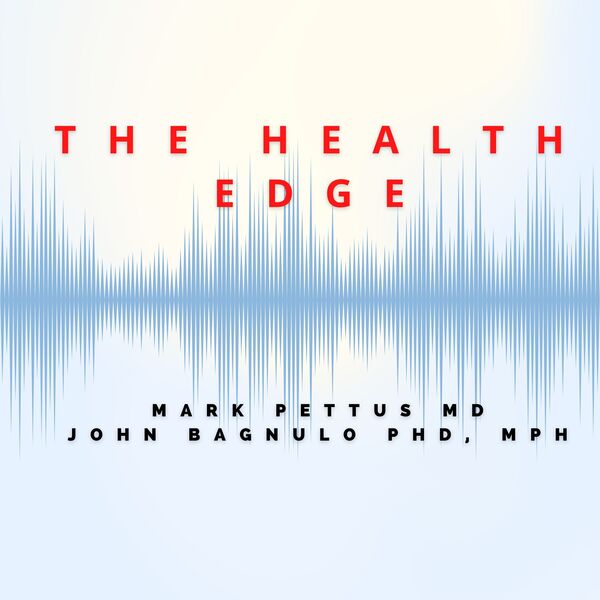In this episode (the first of a two-part series) John and Mark explore the connection between the human microbiome, gut permeability, immune system, and brain health. They set the stage for mechanisms that connect lifestyle-environment with alterations in microbiota that alter brain function as manifested by depression, anxiety, cognitive decline, ADD-ADDHD, autsim spectrum, etc.
 Fermented foods, microbiota and mental health
Fermented foods, microbiota and mental health Paleo-Deficit
Paleo-Deficit









